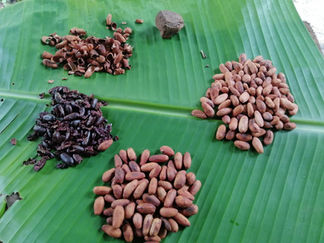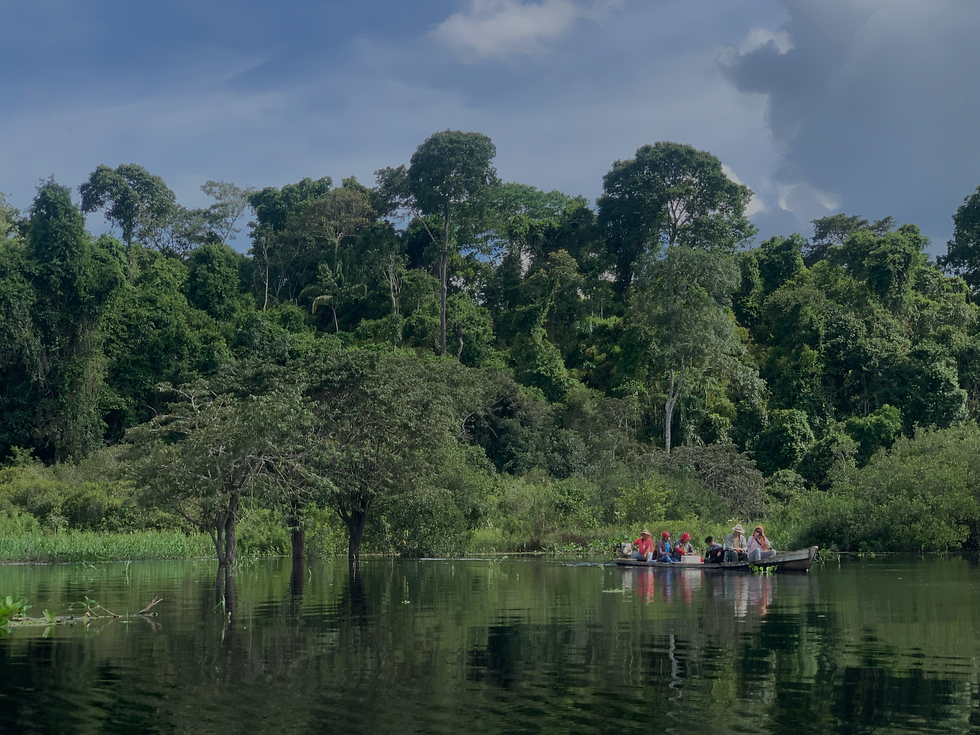
Address urgent local challenges
Florestanía is strategically located at the intersection of the urban and rural areas of Cobija in the Bolivian Amazon to focus its work on building community capacity and the regenerative and sustainable management of the land in order to to address urgent local social and environmental challenges, particularly food security and climate change.
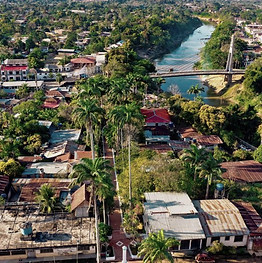
Exponential population growth
Cobija, capital of the Bolivian department of Pando, is experiencing rapid demographic growth, which has caused significant social inequalities, such as a high poverty rate of 30%, child malnutrition of 21% (which represents a high mortality rate of children under five years old) and a staggering 60% unemployment rate, with most of the work being informal. This has culminated in increasing gender gaps in education, employment and social development.
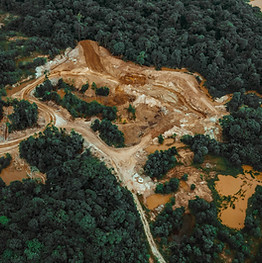
Pressing environmental challenges
Traditional activities such as rubber extraction and Brazil nut collection in rural and forested areas are being encroached upon by the increase in agriculture and livestock farming, causing soil degradation, lack of ecological corridors for wildlife and deforestation. The growing effects of climate change make Cobija very vulnerable to intense droughts, fires, floods and epidemiological outbreaks.
What we do

Recovery of degraded areas
We focus on the importance of soil regeneration in the context of regenerative agriculture and how it can promote biodiversity. We prioritise maintaining a continuous soil cover to conserve water, protect beneficial microorganisms, and manage grass growth, using banana pseudostem and other plants not only as mulch, but also as a resource for moisture and nutrients to support our agricultural system.

Environmental education
This includes raising awareness about climate change, sustainable development and consumption, nature-based solutions, food production, waste reduction and food sovereignty. We are building a space with bio-construction techniques to conduct these workshops and process our harvested food onsite.

Bioconstruction
We use local materials and inorganic solid waste in the construction of our buildings and incorporate social innovation technologies and nature-based solutions for basic household sanitation.

Sustainable food production
We understand the high environmental impact of conventional agriculture and have knowledge and experience in regenerative agroforestry systems as a sustainable alternative to produce food, mitigate the effects of climate change in the Amazon and guarantee food sovereignty.
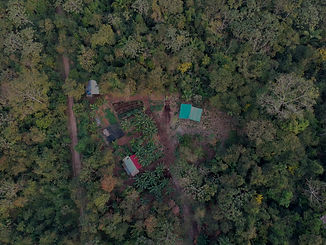
5
Hectares regenerated from sandy agricultural soil to biodiverse and productive soil.

90 tonnes/
year

890
People trained in agroecological practices aged 5 to 85 years old, including
volunteers
from 15 countries.
Our history
The story of Florestanía begins with Ellen and Nico, whose experience working with local and immigrant communities harvesting Brazil nut and açaí in the Bolivian and Brazilian Amazon led them to co-found their non-profit organisation in 2015 to address the socio-ecological and economic problems that they witnessed first-hand in the region in favour of sustainable development and a dignified life.
"Florestanía" is a word that comes from the Portuguese "floresta" (forest) and citizenship, the ethos of which was spread by the late Amazonian rubber tapper and activist Chico Mendes, and inspired them to forge a green belt at the intersection of the urban and rural areas of Cobija to serve as a demonstrative model of best practices in environmental education, sustainability and regenerative agriculture for soil recovery, forest preservation and food sovereignty.
Florestanía is made up of a multidisciplinary team that makes implementation possible for all projects. Currently, the main project is the construction of our Environmental Education Center (CEA), where local communities will be able to access information to reflect, explore and learn about ecological alternatives and nature-based solutions. In this way, they will be able to play a leading role in mitigating the effects of climate change and promote climate justice together with local authorities and other institutions in the continued development of the Amazon.
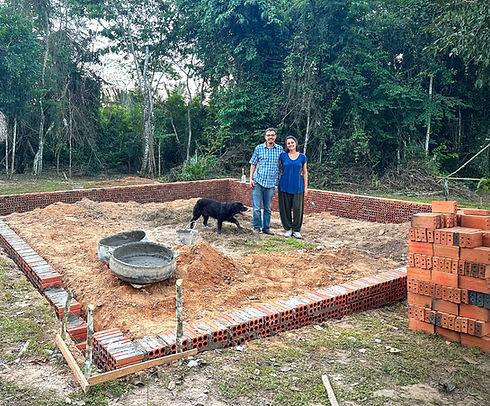
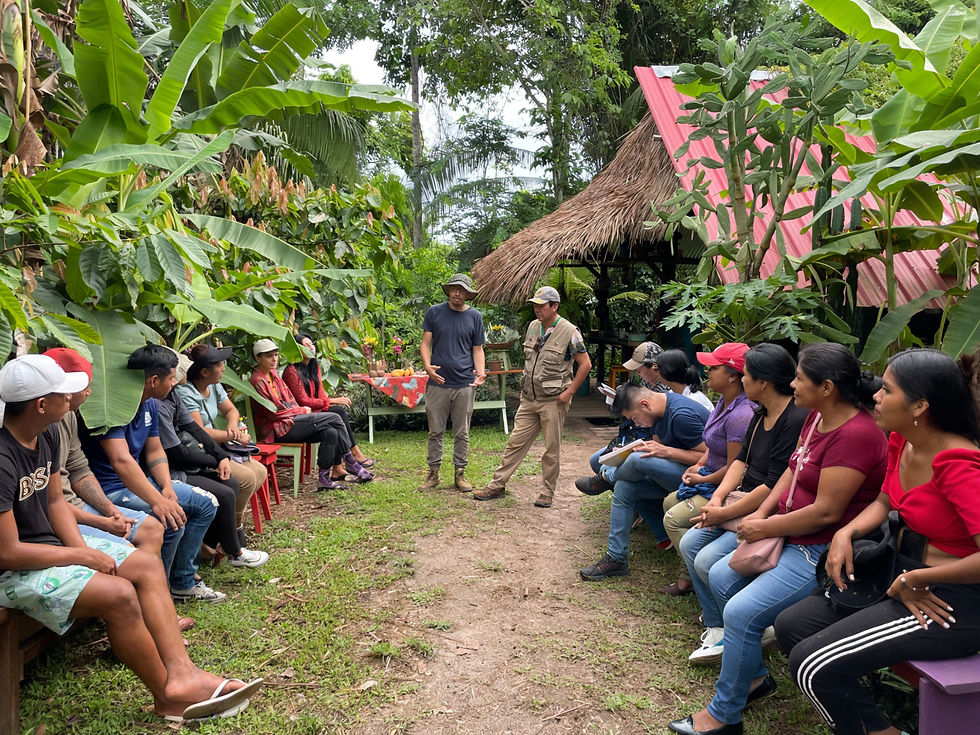
We need your support today
We are one of the few organisations in the Pando region of Bolivia trying to address the social and environmental challenges that threaten the Amazon and its people.
We have already come a long way, but there is still much to do. We value any contribution, whether money, time or resources.
Every boliviano we spend empowers our beneficiaries to work towards a more sustainable future.









